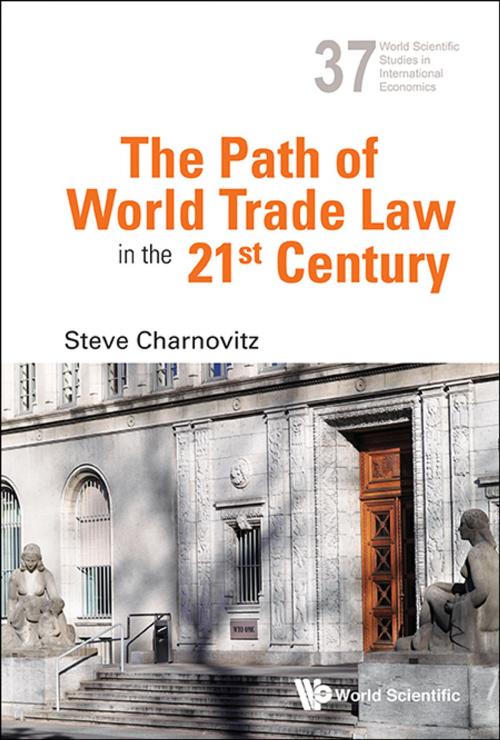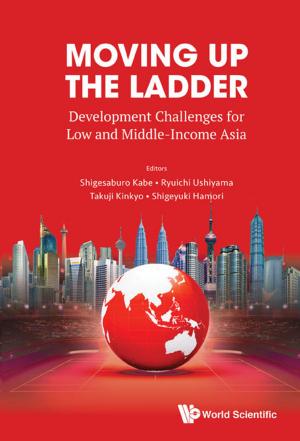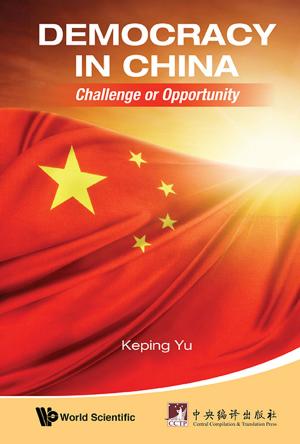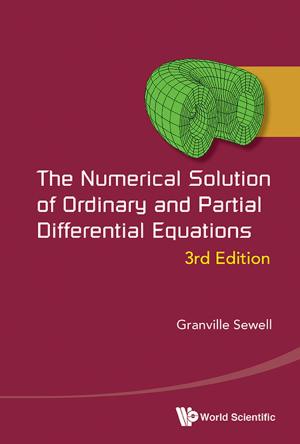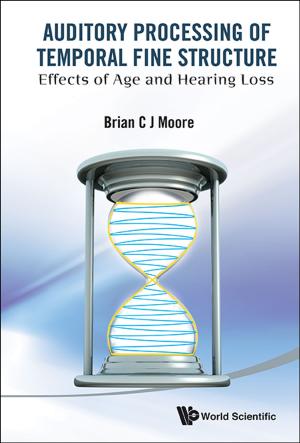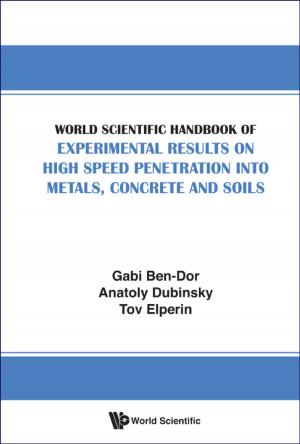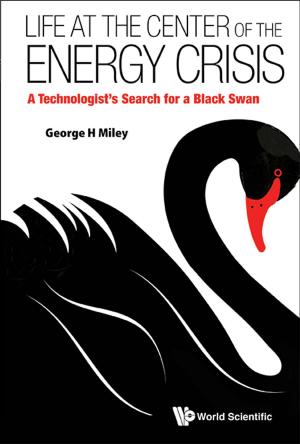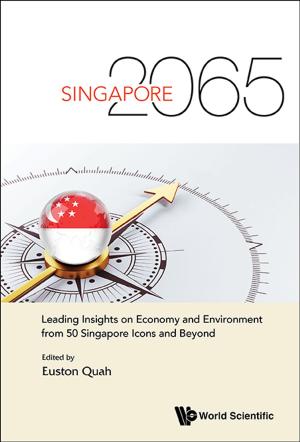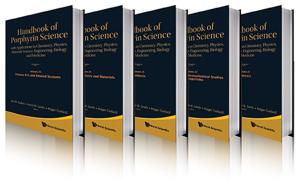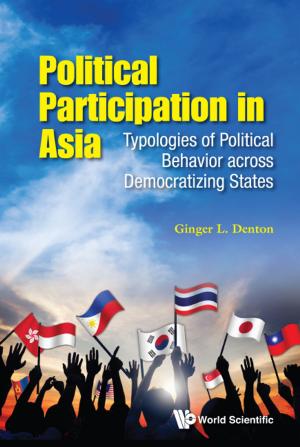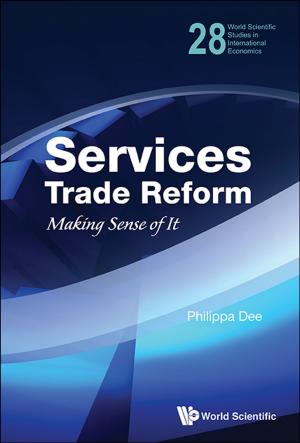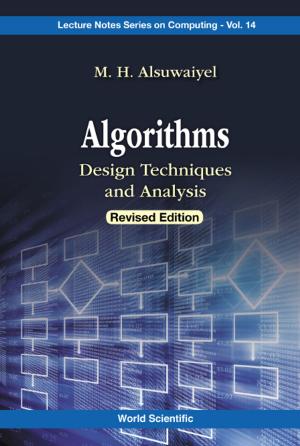The Path of World Trade Law in the 21st Century
Nonfiction, Reference & Language, Law, Commercial, Social & Cultural Studies, Political Science, International, International Relations| Author: | Steve Charnovitz | ISBN: | 9789814513265 |
| Publisher: | World Scientific Publishing Company | Publication: | November 7, 2014 |
| Imprint: | WSPC | Language: | English |
| Author: | Steve Charnovitz |
| ISBN: | 9789814513265 |
| Publisher: | World Scientific Publishing Company |
| Publication: | November 7, 2014 |
| Imprint: | WSPC |
| Language: | English |
The advent of the World Trade Organization (WTO) in 1995 transformed international economic law for states, enterprises, and nongovernmental organizations. This book analyzes how the WTO is changing the path of international trade law and examines the implications of these trends for the world economy and the global environment. Containing 18 essays published from 1999 to 2011, the book illuminates several of the most complex issues in contemporary trade policy. Among the topics covered are: Is there a normative theory of the WTO's purpose? Can constitutional theory provide guidance to keep the WTO's levers in balance? Should the WTO use trade sanctions for enforcement? What can the WTO do to enhance sustainable development and job creation?
Contents:
-
A Theory of the WTO:
- Triangulating the World Trade Organization
-
The WTO as an Economic Constitution:
- A Post-Montesquieu Analysis of the WTO
- Judicial Independence in the World Trade Organization
- WTO Cosmopolitics
-
Assessing the WTO's Enforcement Mechanism:
- The WTO's Problematic "Last Resort" Against Non-compliance
- Recent Developments and Scholarship on WTO Enforcement Remedies
-
The WTO and Discrimination:
- Belgian Family Allowances and the Challenge of Origin-based Discrimination
- Mapping the Law of WTO Accession
-
The WTO and Individual Rights:
- The Globalization of Economic Human Rights
- Transparency and Participation in the World Trade Organization
-
The WTO and Sustainability:
- A New WTO Paradigm for Trade and the Environment
- The Law of Environmental "PPMs" in the WTO: Debunking the Myth of Illegality
- Climate and Trade: Potential Conflicts and Synergies
-
The WTO and Labor Markets:
- The (Neglected) Employment Dimension of the World Trade Organization
- Trade Law Norms on International Migration
-
The Future of Global Economic Governance:
- WTO Dispute Settlement as a Model for International Governance
- Addressing Government Failure Through International Financial Law
- The World Trade Organization in 2020
Readership: Graduate students and researchers in the field of international economics; & WTO practitioners.
Key Features:
- Addresses important issues regarding the WTO and the world trade law
- Discusses the law of world trade and its relation to questions of sustainable development and social justice
The advent of the World Trade Organization (WTO) in 1995 transformed international economic law for states, enterprises, and nongovernmental organizations. This book analyzes how the WTO is changing the path of international trade law and examines the implications of these trends for the world economy and the global environment. Containing 18 essays published from 1999 to 2011, the book illuminates several of the most complex issues in contemporary trade policy. Among the topics covered are: Is there a normative theory of the WTO's purpose? Can constitutional theory provide guidance to keep the WTO's levers in balance? Should the WTO use trade sanctions for enforcement? What can the WTO do to enhance sustainable development and job creation?
Contents:
-
A Theory of the WTO:
- Triangulating the World Trade Organization
-
The WTO as an Economic Constitution:
- A Post-Montesquieu Analysis of the WTO
- Judicial Independence in the World Trade Organization
- WTO Cosmopolitics
-
Assessing the WTO's Enforcement Mechanism:
- The WTO's Problematic "Last Resort" Against Non-compliance
- Recent Developments and Scholarship on WTO Enforcement Remedies
-
The WTO and Discrimination:
- Belgian Family Allowances and the Challenge of Origin-based Discrimination
- Mapping the Law of WTO Accession
-
The WTO and Individual Rights:
- The Globalization of Economic Human Rights
- Transparency and Participation in the World Trade Organization
-
The WTO and Sustainability:
- A New WTO Paradigm for Trade and the Environment
- The Law of Environmental "PPMs" in the WTO: Debunking the Myth of Illegality
- Climate and Trade: Potential Conflicts and Synergies
-
The WTO and Labor Markets:
- The (Neglected) Employment Dimension of the World Trade Organization
- Trade Law Norms on International Migration
-
The Future of Global Economic Governance:
- WTO Dispute Settlement as a Model for International Governance
- Addressing Government Failure Through International Financial Law
- The World Trade Organization in 2020
Readership: Graduate students and researchers in the field of international economics; & WTO practitioners.
Key Features:
- Addresses important issues regarding the WTO and the world trade law
- Discusses the law of world trade and its relation to questions of sustainable development and social justice
